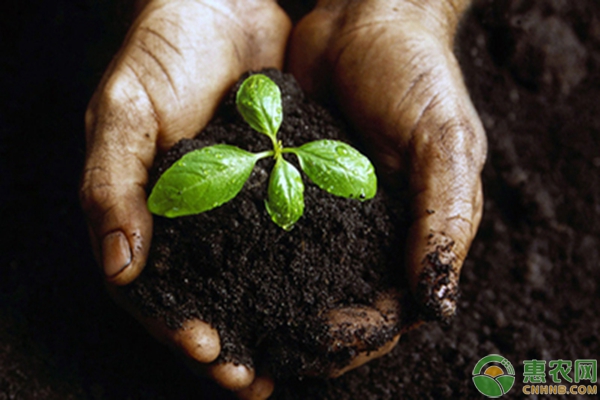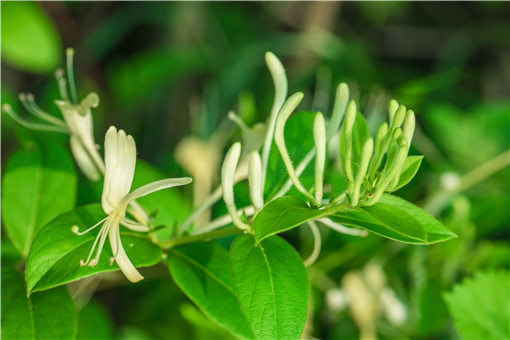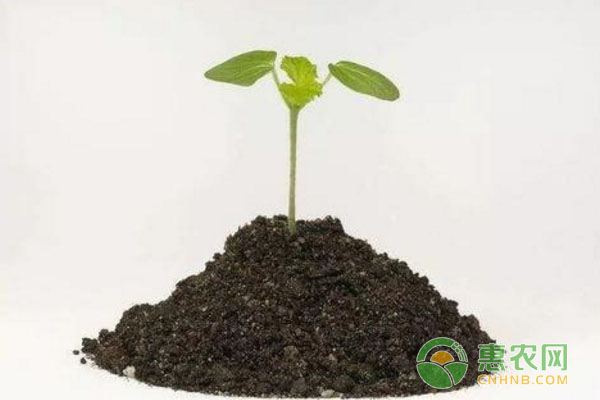5 Common Chemical Fertilizer Taboos in Agricultural Production
Agriculture is usually indispensable to the nourishment of chemical fertilizer. Many farmers think that chemical fertilizer is a good product, so the more fertilizer is applied, the better the crop looks, but it is not. The misuse of chemical fertilizer will do great harm to the soil. Only scientific application of chemical fertilizer can make the utilization rate of chemical fertilizer higher, and it is not easy to cause fertilizer damage. Today, as far as we are concerned, when it comes to the application of chemical fertilizer, we should pay great attention to which aspect.

I. acidity and alkalinity
When it comes to chemical fertilizer, it also has acidity and alkalinity, such as ammonium bicarbonate and ammonium sulfate, which belong to acidity and alkalinity, followed by lime powder and grass ash, which belong to partial alkali. Naturally, chemical fertilizers with different characteristics can not be mixed and applied together. If they are mixed together, then there will be a good reflection, and the fertility will naturally be reduced. Therefore, in the case of the application of chemical fertilizer, we can not use each other at will, we must first grasp its characteristics.
II. Chlorine fertilizer
Relatively speaking, the application of chlorine fertilizer has more taboos, because chlorine fertilizer can not be used in many crops, otherwise it will not only fail to achieve all normal practical effects, but also continue to cause harm to plant growth, such as fruit trees, red extract, melons, sweet potatoes, these are all not applicable, in addition, if this aspect belongs to saline-alkali soil, it is not allowed to use chlorine fertilizer.
III. Base fertilizer
Base fertilizer should be the most widely used of all chemical fertilizers. One thing to note about this kind of fertilizer is that it must be sprinkled for several days before it can be dissolved and used, and it is very easy to evaporate. It is generally suggested that the application should not be scattered on the soil layer immediately, but should be excavated to apply it, so as to prevent waste. In addition, if you just use it, you don't have to irrigate it, otherwise it will flow out along the water, and it's best to water it after three days of fertilization.
And like legume food crops, do not use too much base fertilizer, the key is that there is an edible fungus at their roots that makes nitrogen fixed and not easy to digest and absorb. If you use too much, it will not only be extravagant and wasteful, but also continue to make the crops mature late.
IV. Phosphate fertilizer
Phosphate fertilizer is very easy to be fixed in the soil and cannot be digested and absorbed, so the application of phosphate fertilizer is proposed to be mixed with some manure first and then excavated for fertilization over a period of time. In addition, the cultivation of vegetables and fruits do not need too much phosphate fertilizer.
5. Potash fertilizer
Plant growth must be potassium, generally speaking, in the case of the application of base fertilizer, in addition, in the case of crop emergence, we need to increase potassium fertilizer, can not be said to wait until the middle and later stages of growth and development to use, then it is too late.
Above is the taboo regulations on the application of chemical fertilizer combed by the net, growers must pay attention to the key points in the application of chemical fertilizer, and scientific fertilization is more beneficial to crop growth and development.
- Prev

What kind of herbs are suitable for growing this spring? These five kinds of prospects are promising!
What kind of herbs are suitable for growing this spring? These five kinds of prospects are promising!
- Next

How can we distinguish all kinds of organic fertilizers? Master the knack of organic fertilizer
How can we distinguish all kinds of organic fertilizers? Master the knack of organic fertilizer
Related
- Fuxing push coffee new agricultural production and marketing class: lack of small-scale processing plants
- Jujube rice field leisure farm deep ploughing Yilan for five years to create a space for organic food and play
- Nongyu Farm-A trial of organic papaya for brave women with advanced technology
- Four points for attention in the prevention and control of diseases and insect pests of edible fungi
- How to add nutrient solution to Edible Fungi
- Is there any good way to control edible fungus mites?
- Open Inoculation Technology of Edible Fungi
- Is there any clever way to use fertilizer for edible fungus in winter?
- What agents are used to kill the pathogens of edible fungi in the mushroom shed?
- Rapid drying of Edible Fungi

